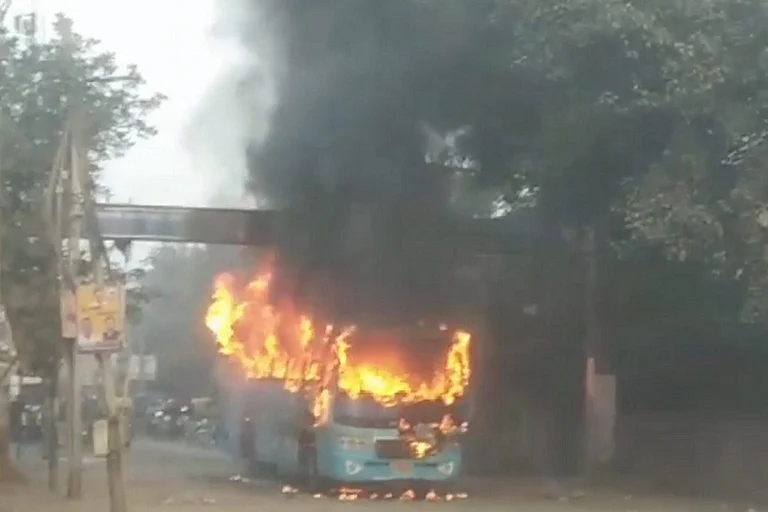During the past year, more than a million Indians have voluntarily surrendered their subsidised cooking gas. The Modi government’s campaign to persuade them to do so, arguing that the money ought to be directed towards the more deserving, is path-breaking in its attempt to change the narrative on subsidies in what is still very much a developing country.
There has been plenty of public discourse on whether the less deserving have hogged the lion’s share of subsidies. In particular, it has been asked whether fuel subsidies for the middle class take away what should rightfully go to the much larger populace that doesn’t own vehicles; also whether agriculture subsidies, including income-tax exemption, end up benefiting better-off landowners to the detriment of subsistence farmers. Attempts to direct subsidies to the poorest (such as a targeted public distribution system), which have given mixed results, have also been caught in the crossfire of ideologies, with some sections of the polity accusing others of trying to deprive the needy.
But it is only recently that people have started questioning and criticising the privileges enjoyed by the political elite. As India’s middle class grows in size and affluence, it has gained influence and has started speaking its mind against such privileges as subsidised food in Parliament, excessive expenditure on VIP security, exemption from frisking at airports, red beacons atop VIP cars. Many Indians now see them as relics reflecting the colonial mindset—as if the elite need special facilities to be able to do their job. They see them as unsuited to the world’s largest democracy in the 21st century.
Other facets of such privileges have to do with the accumulated effects of political hypocrisy. One glaring example, at the higher levels of public office, is paying salaries whose overt components are noticeably lower than their private-sector counterparts, yet making up for that with significant perks—such as free or subsidised housing. It is time to start debating whether the country wouldn’t be better off by emulating such countries like Singapore, where public salaries are significantly higher and, equally importantly, overt.
On the matter of subsidies for the poor, newer attempts to use technology to bypass India’s byzantine, leaky government delivery systems and deliver directly to beneficiaries are still at an early stage. But Aadhaar—arguably the UPA government’s most transformative idea, on which it dragged its feet to its own cost—is already beginning to make an impact. The direct benefits transfer (DBT) mechanism is being used to send the subsidy amount on LPG cylinders directly to continuing, needy beneficiaries’ accounts. This relies on biometric identification (done under the Aadhar programme) to ensure there is no duplication of benefits. DBT itself is a euphemism for cash transfers which, though successful in several countries and endorsed by many leading economists, is nevertheless resisted by some. Their argument, that India’s corruption-ridden, inefficient delivery system cannot be improved and must remain in place, is debatable.
What is not in question, however, is that low global petroleum prices over the past year have provided India with an opportunity to catch its breath and revisit the principles of subsidies. The government has been able to drastically reduce fuel subsidies without a spike in inflation or bruising political consequences. It is in this backdrop that the idea of persuading millions of well-off people to abjure subsidies and take pride in doing so is revolutionary. But in doing so, the government has ignited reactions that can have far-reaching and unanticipated consequences.
One such reaction is a growing feeling among the middle class that if they can give up LPG subsidy, MPs ought not to be enjoying subsidised food. Attempts to defend this subsidy on the grounds that many others avail of it besides MPs have not been persuasive. Most of these others are government staff, journalists and the like, hardly representative of the poorest citizens. And the final nail on that coffin is the response that if anyone inside Parliament’s premises needs a food subsidy, they should get it transparently—via DBT. The Parliament canteen subsidy is hardly the costliest perk, being far overshadowed by housing and other such luxuries. And politicians are hardly the biggest beneficiaries of such privileges. Just a cursory look at the pelf and privileges enjoyed by unelected, and far less accountable, senior government employees, makes that clear. But in this era of subsidy re-engineering, this relatively small privilege has started grating with many. Doing away with it might be a baby step, but would help create manoeuvring room for MPs to have more substantial discussions on subsidies.
(The writer is a bjd Lok Sabha MP. He tweets @PandaJay)


























